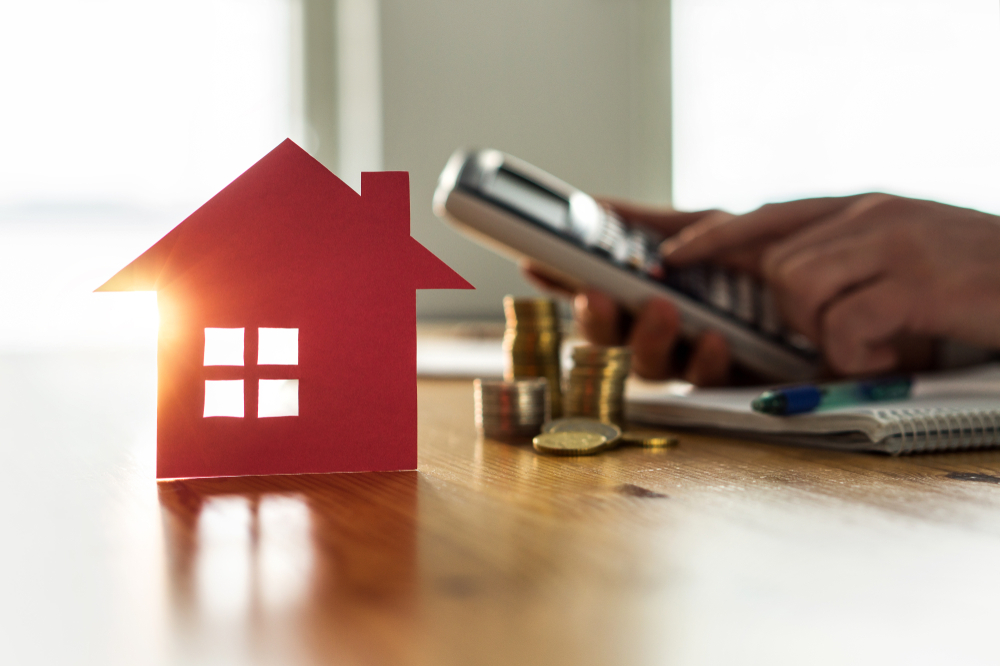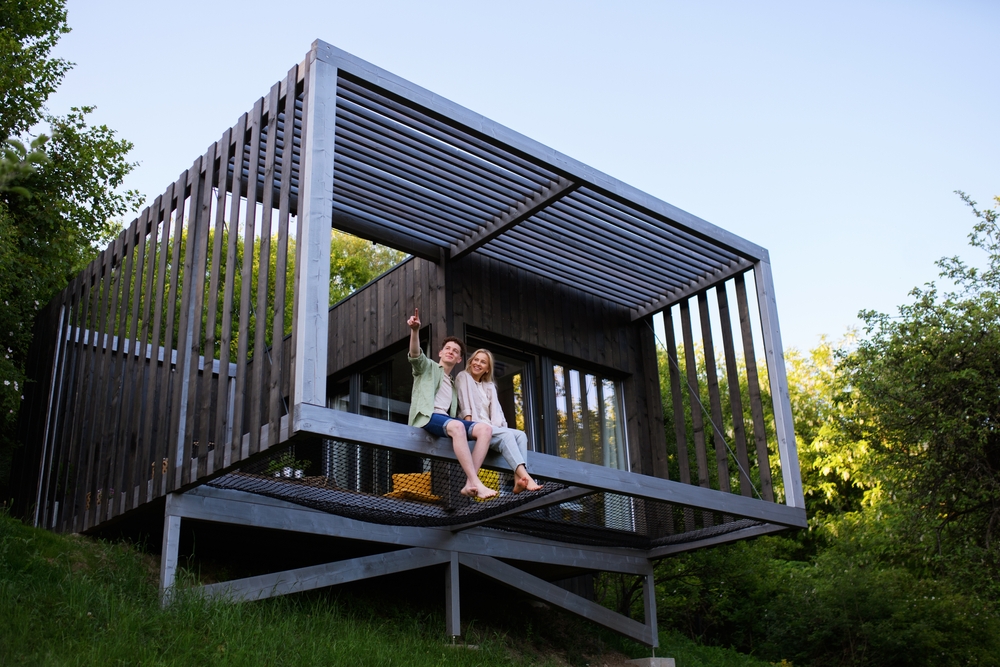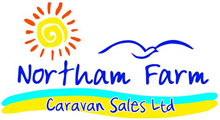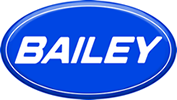How Do People Afford a Holiday Home
Holiday homes sound like a great idea, but they’re expensive, aren’t they? We’ll look at the pros and cons of owning a holiday home, how to afford one and how to maximise your profits.
Are Holiday Homes a Good Investment?

Holiday homes can be a valuable investment, offering both financial returns and lifestyle benefits, though their success depends on several factors. A primary advantage is being able to rent out the property when it’s not in use to create a steady income stream to help cover expenses.
Another benefit is the cost savings on personal vacations. Owning a holiday home eliminates the need for alternative accommodation, which is especially appealing if you regularly travel to the same destination, as it provides the comfort and convenience of a familiar environment.
Furthermore, holiday homes in desirable locations usually experience increased tourism or development and can see their value rise, potentially yielding a substantial return on investment if sold.
However, there are significant costs and responsibilities associated with owning a holiday home. Maintenance, property management, insurance, and taxes can add up, and the rental market may fluctuate, particularly during off-peak seasons or economic downturns. Local regulations may also impose restrictions on short-term rentals, potentially limiting rental opportunities.
While holiday homes offer opportunities for rental income, appreciation, and personal use, you must thoroughly research all costs, market conditions, and legal considerations to determine whether this investment aligns with your financial objectives.
Can You Get a Mortgage for a Holiday Let?
You can get a mortgage for a holiday let, but the process differs from a standard residential mortgage. Lenders offer specific “holiday let mortgages” that account for rental income potential and may require a larger deposit (typically 25-30%). Your financial stability, credit score, and existing commitments are all considered before you’re offered a mortgage.
If you already have a mortgage, you must demonstrate that you can manage both loans.
Lenders also evaluate affordability rigorously, considering all existing debts, and may have additional criteria like minimum rental income expectations and insurance requirements.
Can You Make Money from a Holiday Home?

You can also make money from owning a holiday home in the UK, but how much you can make depends on the location, demand, management, and market conditions. Some ways to generate income include:
- Renting out your holiday home
- Embracing certain tax benefits
- Buying tactically so the property value appreciates
- Using your property and renting it out when it suits you
Renting out your holiday home can provide a substantial income, especially in popular tourist areas, and especially for short-term rentals in peak seasons.
Many holiday let owners list their properties on platforms like Airbnb or Booking.com, where high occupancy rates can significantly boost income. However, it’s important to account for potential void periods during the off-season, which may vary depending on the location.
UK holiday lets classified as “furnished holiday lettings” (FHLs) can qualify for various tax benefits, such as mortgage interest relief, capital gains tax relief, and allowances for furniture and maintenance expenses. To qualify as an FHL, the property must be available for rent for at least 210 days and let for at least 105 days per year.
A holiday home in a desirable location can appreciate over time, adding value to your investment. If property prices rise in your chosen area, you could sell the home at a profit in the future.
You can also use the property yourself, saving money on accommodation costs for personal holidays, while renting it out the rest of the year to generate income.
However, owning a holiday home isn’t all money-making; it’s important to consider costs like property management, maintenance, taxes, and mortgage repayments, which will impact your overall profitability.
The Average Costs of Owning a Holiday Home

Looking at the expenses involved in buying and maintaining a holiday home, it can be off-putting for many people with a poor credit rating or without sufficient savings, as there are many factors to think about, including:
- The deposit
- The mortgage
- Legal fees
- Running costs
For a holiday let mortgage, a deposit of around 25-30% of the property’s value is typically required.
Lenders will assess the buyer’s income, existing debts, and the potential rental income of the property to determine affordability. Higher interest rates may also apply to holiday let mortgages compared to residential ones. Then when you consider the legal fees and stamp duty can add several thousand pounds onto the initial purchase cost, buying a holiday home can be very expensive.
Once you have the property, you’ll also need to think about the ongoing expenses to maintain the property such as the utilities, insurance, and council tax, which can all add up to another several thousand pounds annually, depending on the property’s size and location.
If you own a static caravan located in a holiday park and use it solely as a holiday home (i.e. not as your main residence), you don’t usually have to pay council tax. But, holiday parks are usually registered as businesses and pay business rates instead, so the park owner may pass on a portion of these costs to you through site fees.
Marketing costs, cleaning fees, management of the property and repairs should also be factored into the ongoing costs of the property.
How Do People Afford a Holiday Home?
Affording a holiday home in the UK can be challenging for most people, given the costs involved in both purchasing and maintaining the property. The average pre-tax salary in the UK in 2024 is £35,880, so to afford a holiday home, many people rely on a combination of savings, a mortgage, and potential rental income to make the purchase feasible.
Some people leverage their existing equity by remortgaging their primary home or using savings to buy a holiday home, while others rely on rental income to offset mortgage payments and maintenance costs. Some may also purchase with loved ones to share the costs and benefits. Individuals with high disposable incomes are more likely to afford a holiday home outright.
Ultimately, affording a holiday home often requires a combination of savings, strategic borrowing, and maximising rental potential.
Tips for Finding Your Dream Holiday Home

Finding your dream holiday home is an exciting process, but it requires careful planning and consideration. Here are three essential tips to help you make the right choice.
Define Your Priorities and Budget
Decide on the ideal location by considering factors that are important to you such as climate, local attractions, accessibility, and proximity to amenities like shops, restaurants, and medical facilities.
Think about how you’ll use the property. Is it for personal use, rental income, or both? This will impact your choice of size, layout, and features.
Determine your budget, including the purchase price as well as ongoing costs like property taxes, maintenance, insurance, and potential rental management fees.
Research the Local Market and Regulations
Study the local real estate market to understand pricing trends, demand, and potential for appreciation. Speak with local real estate agents and read up on market reports.
Be aware of local laws regarding property ownership, especially if you’re buying in a foreign country. Understand rules on property taxes, rental regulations, and any restrictions on foreigners purchasing property.
Spend time in the area during different seasons to get a feel for what it’s like year-round to help you understand seasonal changes in weather, local activity, and property demand.
Work with Local Experts and Inspect Thoroughly
A local agent has in-depth knowledge of the area and can help you find properties that meet your criteria. They can also advise on the best neighbourhoods, property values, and future development plans.
Ensure the property is inspected by a professional to uncover any hidden issues like structural problems, pest infestations, or water damage. This is especially important if the property is older or in a location prone to certain environmental risks (like flooding or earthquakes).
If the property isn’t exactly what you want, check if renovations are possible and cost-effective. Look into local building codes and renovation regulations.
By carefully considering these factors, you’ll be in a strong position to find a holiday home that meets your desires and proves to be a sound investment.
Northam Farm Caravan Sales
If you’re interested in choosing a holiday home, take a look at our offers in:






